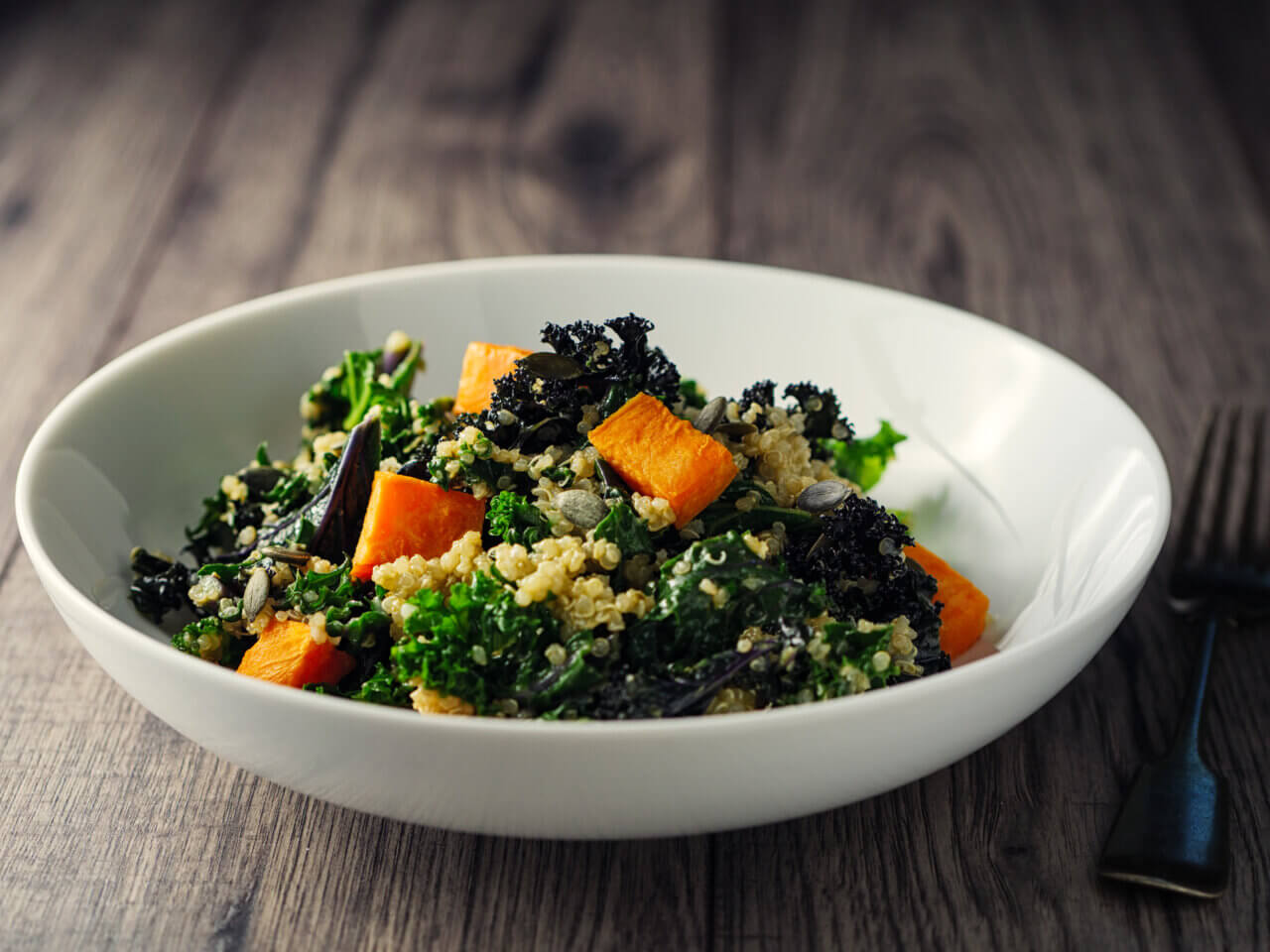Staying Healthy During the Hectic Holidays

From Halloween to New Year’s, the holidays are filled with high-sugar, high-calorie treats to wreck your diet and extra activities to derail your daily fitness regimen. It’s hard to stay on a healthy path when stress and festivities lurk around every corner.
The average person gains five pounds over the holidays, which can be hard on the heart. It’s important not to give up, even if you have a bad day or two. Get back to your healthy lifestyle as soon as you can because small changes can have a big impact on your health over the long-run.
Heart disease is the leading killer for men and women in the U.S., but many of its risks can be diminished through small lifestyle changes. A heart-healthy lifestyle not only includes maintaining an ideal weight and exercising, but also eating more fruits and vegetables and reducing unhealthy fat, sugar and salt in our diets. This is important for adults and children.
Two-thirds of Americans are either overweight or obese, and about a third of children and adolescents weigh too much. The extra pounds put us at a greater risk of developing several debilitating and costly diseases, including diabetes, heart disease, high blood pressure and high cholesterol.
Tips for a healthy holiday
- Don’t completely deprive yourself of holiday foods you love. Instead, eat them less often and in smaller portions.
- Stroll around the neighborhood for 30 minutes looking at the Christmas lights or exercise indoors, if the weather doesn’t permit outside activities.
- Before a holiday party, eat a healthy snack, such as nonfat yogurt or a piece of fruit. The fruit will fill you up and help you pass up party foods.
- If chocolate is your passion, choose one piece of dark chocolate, which is full of antioxidants.
- Use the stairs, instead of the elevator, while shopping. Or park away from the store entrance, and walk a little farther. Every step counts.
- Buy lean cuts of meat for family meals, and boil or grill them to reduce the fat. When serving potatoes, use yams or sweet potatoes to increase vitamins and minerals. Try using low-fat buttermilk instead of butter and cream in mashed potatoes. Cook with olive oil instead of unhealthy oils or fats.
Heart-healthy recipes
For people dealing with congestive heart failure, check out the recipes to control salt in your diet and manage fluid intake to protect your heart.
If you need extra help with your weight, Baptist Health now offers medical and surgical weight loss programs.



